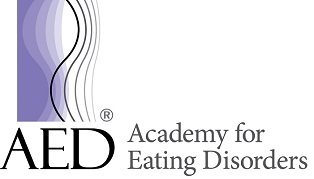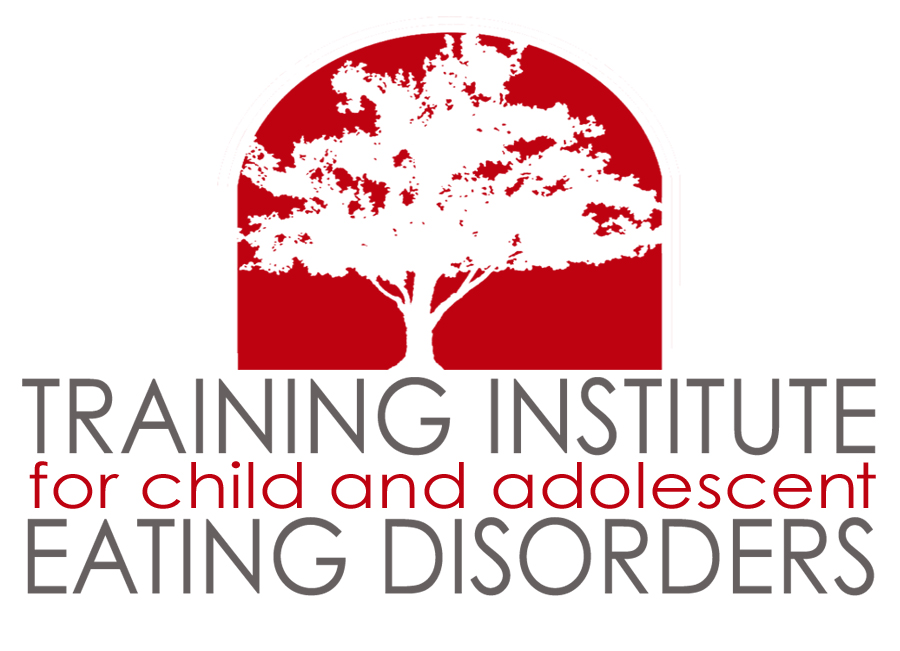What is Persistent Depressive Disorder?
Persistent depressive disorder is a mental health that was previously known as dysthymic disorder. Individuals who are living with persistent depressive disorder have been struggling with a depressed mood for the majority of days, for a minimum of two years (American Psychiatric Association, 2013).
According to the American Psychiatric Association, individuals who are living with persistent depressive disorder experience at least two of the following when they are feeling depressed:
- Poor Appetite, or over eating behaviors
- Insomnia or hypersomnia
- Low energy or fatigue
- Low self-esteem
- Poor concentration, or difficulty making decisions
- Feeling hopelessness
This means that individuals who experience persistent depressive disorder will have differences among their symptoms.
Additionally, those who are living with this mental health concern do not experience a period of more than 2 months without having a depressed mood or the other symptom’s discussed (American Psychiatric Association, 2013). Lastly, the symptoms associated with persistent depressive disorder are not the result of other mental health concerns such as bipolar disorder, schizophrenia, or the use of drugs and alcohol (American Psychiatric Association, 2013).
Individuals who are living with persistent depressive disorder often begin to experience symptoms at a young age, such as during their childhood (American Psychiatric Association, 2013). For those who do begin to experience symptoms before they turn 21, they are known to be at a higher risk for developing personality disorders such as borderline personality disorder (American Psychiatric Association, 2013). Additionally, individuals living with persistent depressive disorder are at a higher risk of developing a comorbid disorder with an anxiety disorder or a substance abuse disorder (American Psychiatric Association, 2013).
An additional difference that can be found among individuals living with persistent depressive disorder is the severity of the mental health concern. For example, the National Institute of Mental Health estimates that 49.7% of individuals experience severe symptoms, 32.1% experience moderate symptoms, while 18.2% experience mild symptoms. This demonstrates additional differences that can be found among individuals living with this disorder.

What Risk Factors are Associated With Persistent Depressive Disorder?
Research has been able to identify factors and experiences that can leave someone at a higher risk of developing persistent depressive disorder. One of the risk factors is if the individual lost their parents or were separated from their parents in their childhood (American Psychiatric Association, 2013).
Individuals who are living with an anxiety disorder, or conduct disorder are also known to be at a higher risk for persistent depressive disorder (American Psychiatric Association, 2013).
It is believed that individuals who are living with persistent depressive disorder are more likely to have a first-degree family member living with the same mental health concern (American Psychiatric Association, 2013).
Research has shown that there may be a biological component to this disorder, indicating that areas such as the prefrontal cortex and amygdala have been implicated in this disorder (American Psychiatric Association, 2013).
Who Can Be Affected By Persistent Depressive Disorder?
The National Institute of Mental Health estimates that approximately 1.5% of Americans were living with persistent depressive disorder in the past year. Research indicated that approximately 1.9% of females were living with persistent depressive disorder, while 1.0% of men were living with the same concern (Body image, n.d.).

How We Treat
Resilience DBT & Eating Recovery is a team of Outpatient Eating Disorder Therapists in New Jersey, Florida, and Maryland. Our therapists are ready and equipped with clinical services to provide healing.
At Resilience DBT & Eating Recovery, we have helped individuals of all ages with a variety of mental health concerns. We can provide you with a unique program for persistent depressive disorder treatment.
Our therapists have experience in a variety of treatment modalities such as DBT, CBT, CBT-E, Family-Based Therapy, and Expressive Arts Therapies. This allows us to provide you with a tailored approach to your persistent depressive disorder treatment. Persistent depressive disorder will look different from person to person which means that your treatment plan will have differences.
If you find yourself in need of persistent depressive disorder treatment, the staff at Resilience DBT & Eating Recovery is here to support you. We recognize that individuals living with persistent depressive disorder are at a high risk for developing other mental health concerns, which is why we will investigate for other mental health concerns.
How do I begin?
Our team is dually and expertly trained in the Treatment of Eating Disorders and DBT for Mental Health. Our Evidenced-Based approaches include FBT, CBT-E, DBT-ED, and Comprehensive DBT for co-occurring mental health conditions. Our outpatient practice has helped Children, Teens and Adults achieve full Eating Disorder Recovery and Mental Health Stability for over 25 years.
1
Schedule your 15 minute free phone consultation
This phone screening is highly confidential to help determine if coming to the Resilience practice is the best course for you or your loved one.
2
Complete an Expert and Comprehensive Intake
During your intake appointment we will gather more information to identify your stressors and needs. And work with you to develop your resilience treatment plan.
3
Get connected with Your Personalized Care Team
Meet with a practitioner to get started on your journey of healing and wellness you know you deserve.









